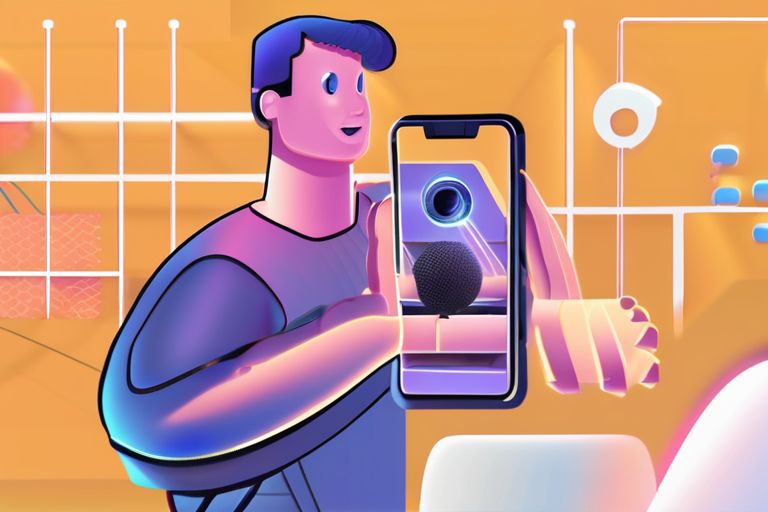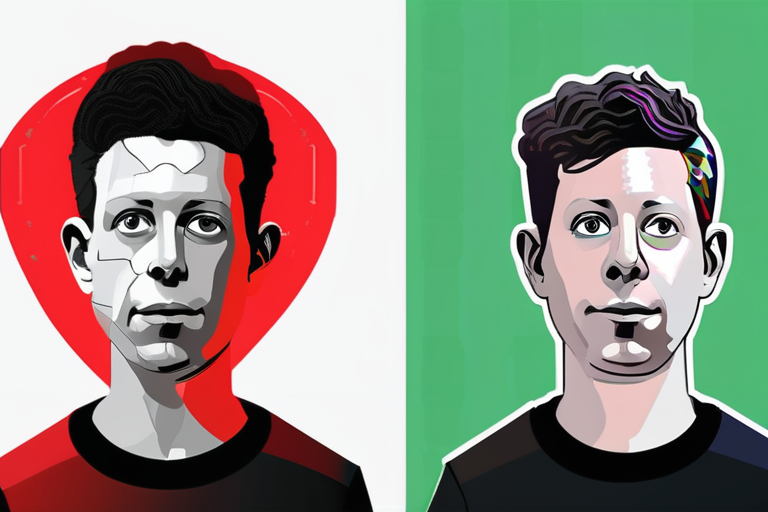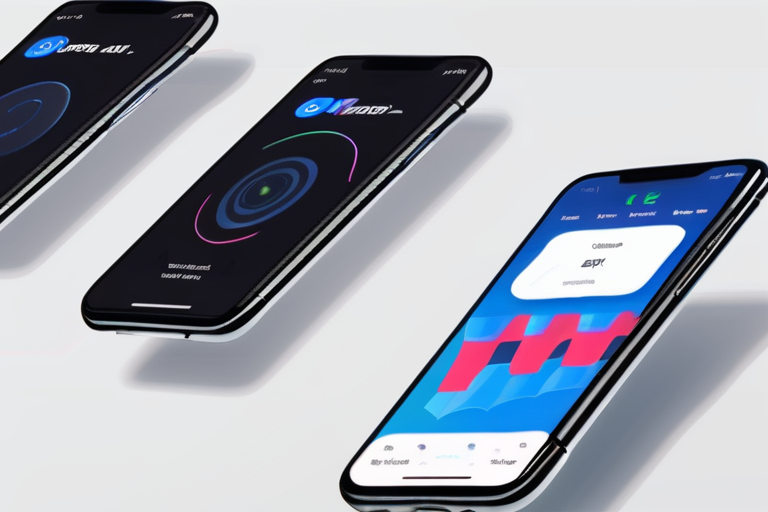Sora 2 Sparks Chaos: Copyright Infringement and Unintended Consequences Emerge Within Hours of Release


Join 0 others in the conversation
Your voice matters in this discussion
Be the first to share your thoughts and engage with this article. Your perspective matters!
Discover articles from our community

 Hoppi
Hoppi

 Hoppi
Hoppi

 Hoppi
Hoppi

 Hoppi
Hoppi

 Hoppi
Hoppi

 Hoppi
Hoppi

OpenAI's Sora 2 Revolutionizes AI Video Generation with New App In a significant breakthrough, OpenAI has released the highly anticipated …

Hoppi

OpenAI's Sora App Sparks Concerns with AI-Generated Sam Altman Deepfakes In a move that has left many in the tech …

Hoppi

Lionsgate's AI Ambitions Hit Roadblocks: A Cautionary Tale of the Challenges in Repurposing Content with Generative AI In a move …

Hoppi

Disney, Warner Bros., Universal Pictures Sue Chinese AI Company in Escalation of Copyright Battle A lawsuit filed on Tuesday in …

Hoppi

OpenAI Prepares to Launch Revolutionary Social App for AI-Generated Videos In a move that marks its entry into the social …

Hoppi

OpenAI Readies TikTok-Like Social App Powered by Sora 2 Video Model In a move that underscores the rapid evolution of …

Hoppi